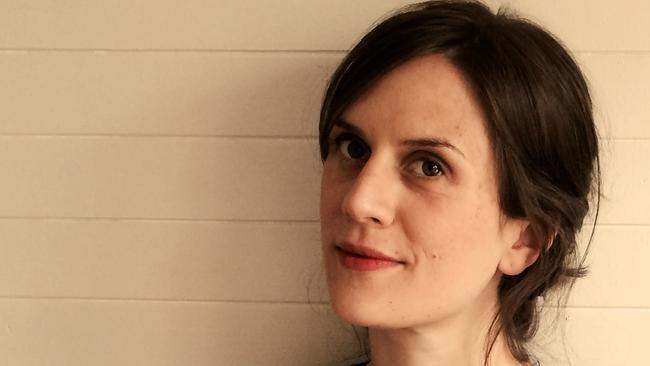VIP program takes books to other side of the world
Christos Tsiolkas and Stephanie Bishop owe some of their success to the inflight reading habits of visiting publishers.

Authors such as Christos Tsiolkas and Stephanie Bishop may not describe their books as airport novels, but both writers could attribute some of their international success to the inflight reading habits of visiting publishers.
Tsiolkas’s The Slap and Bishop’s The Other Side of the World were released in The Netherlands and North America, respectively, after publishers from those regions picked up copies to read on the flight home from Australia.
These are some of the success stories of the Visiting International Publishers program, which since 1998 has helped promote Australian books overseas.
In the past five years the program hosted by the Australia Council has clocked $4.1 million in international sales for Australian writers. Bishop’s The Other Side of the World was sold to North America for a six-figure sum after a visiting publisher from Simon & Schuster picked up a proof copy and read it on the plane home. Joan London’s The Golden Age and Alex Miller’s Lovesong are other titles to find readers in new territories because of the VIP program.
The Australia Council’s head of strategic development, Wendy Were, says the VIP program generates a substantial return on the agency’s investment of about $100,000, with publishing deals in one bumper year reaching $1m.
Australia Council figures show that $5.45 is generated from every dollar invested in the program.
“Australia is a great market for books, but writers, if they are going to have a sustainable career, then having international sales is pretty important for them,” Were says.
The Australia Council provides funding for writers and literary organisations, as well as industry development. But literature has the smallest share of grants awarded by the agency: the total for writers and organisations was $4.6m in 2015-16, or 2.7 per cent of all funding. It was $9m in 2013-14.
Were, a former artistic director of the Sydney Writers Festival, says she is sometimes asked why the Australia Council puts money into industry development rather than make more funds available for artists and writers.
“There is a lot of great new work that is being created, and literature is one of those artforms — like contemporary music — that has a strong reliance on the distribution chain,” she says. “Publishers in both cases are obviously vital. So it’s about support for the creation of new work, but it’s also important to support ... the system as a whole to operate most effectively.”
The next VIP program in May will welcome 14 delegates, including publishers from Hachette and Tara Books in India, and literary agents from Turkey and Taiwan.
Were says interest is growing among Asian and Indian publishers for Australian writing. “You need to balance between the traditional markets of the US and the UK and then recognise that there are a lot of emerging markets with high potential,” she says.



To join the conversation, please log in. Don't have an account? Register
Join the conversation, you are commenting as Logout